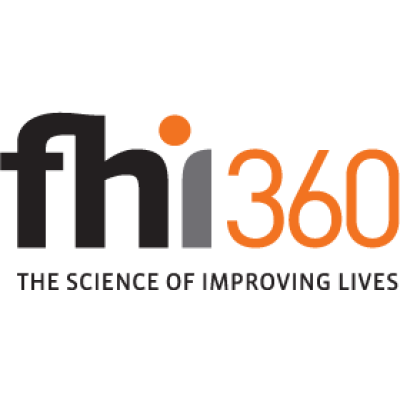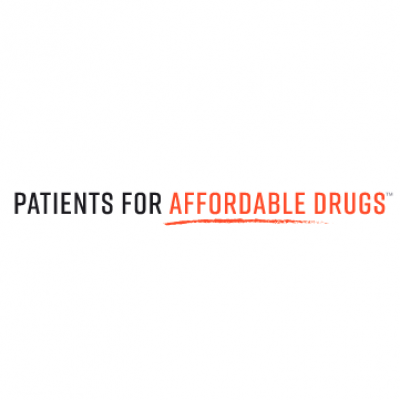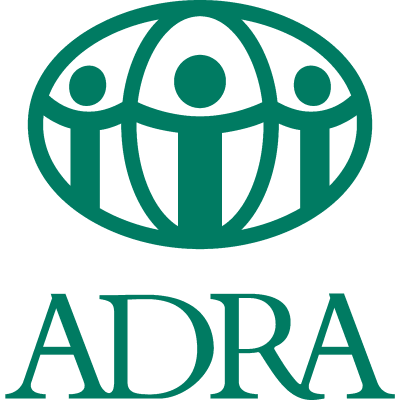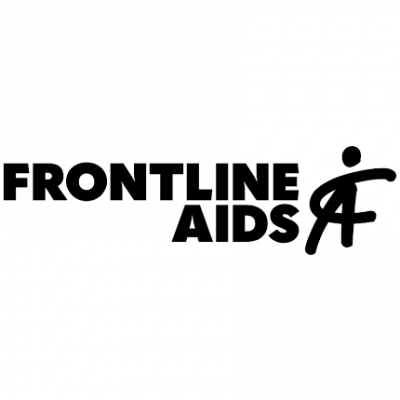Print

FHI 360
General
Jobs • 0
Shortlists/Awards • 0
Pricing strategy • 0
Partners/Competitors • 0
More
General
Jobs
Shortlists/Awards
Pricing strategy
Partners/Competitors
Tenders
Details
Legal residence:Papua New Guinea
Organization type:NGO
Funding agencies: Other
Sectors: Health
Nr. of employees:11-50
Linked entities:Family Health International (Colombia) - FHI 360, FHI 360 - Family Health International (Lesotho), FHI 360, FHI 360 UK, FHI 360 - Family Health International, EAWA - FHI 360 (Benin), Family Health International (Pakistan), FHI 360 (Moldova), FHI 360 Djibouti, Family Health International (Lebanon), Family Health International Cameroon, FHI Family Health International (Laos), FHI 360 (former AED - Academy for Educational Development), FHI 360 (formerly Family Health International (Niger), FHI 360 (former Academy for Educational Development - AED), FHI 360 (Morocco), Family Health International (Senegal), Family Health International (Botswana), FHI Family Health International ( Mauritania), Family Health International Egypt, FHI 360 - Family Health International, Jordan, FHI 360 - Family Health International (Togo), Family Health International, FHI 360 - Family Health International (Haiti), FHI 360 - Family Health International (Philippines), FHI 360 Indonesia, FHI 360 El Salvador, FHI 360 Honduras, FHI 360 Guatemala, Family Health International, Kyrgyzstan, Family Health International (FHI 360), FHI 360 Rwanda, FHI 360 - Family Health International, FHI 360 Bangladesh, FHI 360 Tajikistan, FHI 360 Côte d’Ivoire, FHI 360 Chad, FHI 360 Mozambique, FHI - Family Health International 360 (Mali), FHI 360 Malawi, FHI 360 - Family Health International (Burundi), FHI 360 (Democratic Republic of the Congo), FHI 360 South Sudan, FHI 360 Nepal, Family Health International (Zambia), FHI 360 Myanmar, FHI 360 Kenya, FHI 360 Liberia, FHI 360 (Uganda), Family Health International (Afghanistan), FHI 360 Cambodia, FHI 360 - Family Health International (Tanazania), FHI 360 - Family Health International (Jamaica), FHI 360 Eswatini, FHI 360 Ukraine, FHI 360 Tunisia, FHI 360-Ethiopia, FHI 360 Zimbabwe, FHI 360 - Family Health International (Ghana), FHI - Family Health International 360 India, FHI 360 - Family Health International East and Southern Africa Regional Office (ESARO) (South Africa), Family Health International (Thailand), FHI 360 Nigeria
Status:
Active
About
FHI 360 has worked in Papua New Guinea since 2004. Our programs address HIV and AIDS, gender-based violence and tuberculosis (TB). We receive funding support from the U.S. Agency for International Development (USAID) and the Australian Government Department for Foreign Affairs and Trade.
FHI 360’s interventions in Papua New Guinea focus on eliminating neglected tropical diseases, such as lymphatic filariasis; strengthening the delivery of community- and health facility-based HIV/AIDS services that target key populations; strengthening community- and facility-based efforts to prevent and respond to violence against women, girls and other vulnerable groups; facilitating the introduction of newer drugs, such as bedaquiline, for the management of multidrug-resistant tuberculosis, including setting up systems for active drug safety management and monitoring; and conducting surveys on family well-being and behaviors among key populations.
Through effective partnerships with government and nongovernment stakeholders in Papua New Guinea, FHI 360 has built strong and long-term relationships with individuals, groups and communities. These relationships provide a platform for expanding our programs in other areas of human development. By working in close collaboration with key government partners, such as the Papua New Guinea National Department of Health, the National AIDS Council and the Family and Sexual Violence Action Committee, as well as provincial governments and civil society organizations, we ensure local capacity building to sustain the gains made by our programs.
Top partners

Top competitors


Similar Companies
By Sectors and Organization Types
Country:
USA
Awards:
0
Jobs:
0
Country:
Cambodia
Awards:
0
Jobs:
0
Country:
Myanmar
Awards:
0
Jobs:
0
Country:
USA
Awards:
0
Jobs:
0





